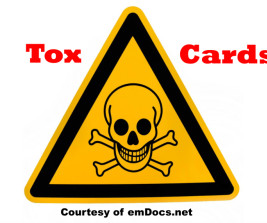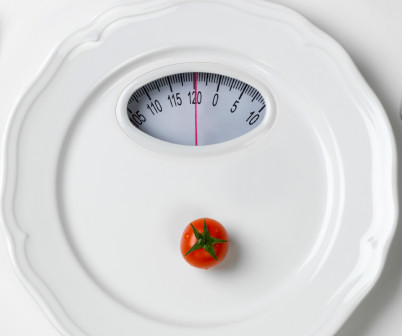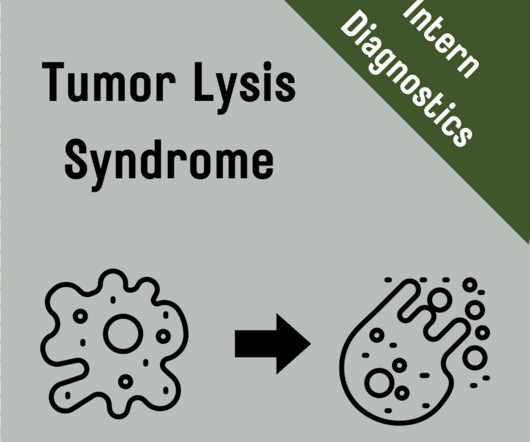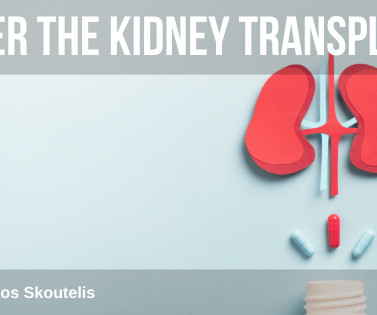Navigating the Quademic: Clinical Differentiation of Influenza, RSV, COVID-19, and Norovirus in Pediatric Emergency Care
PEMBlog
JANUARY 21, 2025
The concurrent circulation of influenza, respiratory syncytial virus (RSV), COVID-19, and norovirus during peak viral seasons presents a diagnostic challenge in pediatric emergency settings. nausea, vomiting) occur more frequently in pediatric populations. Electrolyte disturbances secondary to fluid losses.


































Let's personalize your content